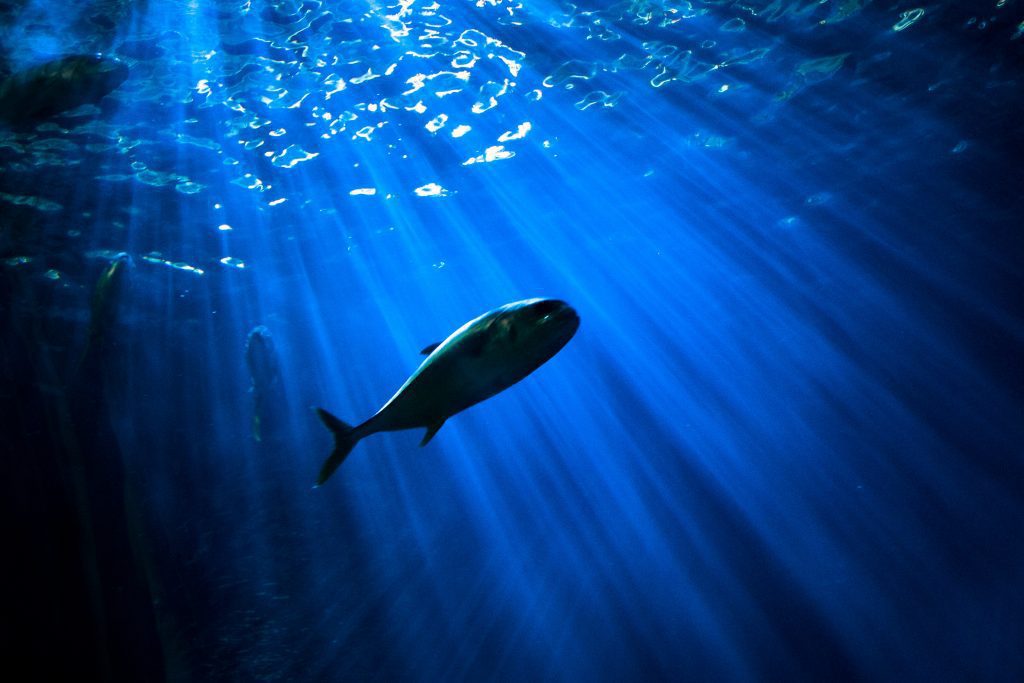by Liz | Mar 6, 2019 | main
Today’s “aha!”comes from a January reflection from CAC
…One of the most familiar of Jesus’ teachings is “Love your neighbor as yourself” (Mark 12:31, Matthew 22:39). But we almost always hear that wrong: “Love your neighbor as much as yourself.” (And of course, the next logical question then becomes, “But I have to love me first, don’t I, before I can love my neighbor?”) If you listen closely to Jesus however, there is no “as much as” in his admonition. It’s just “Love your neighbor as yourself”—as a continuation of your very own being. It’s a complete seeing that your neighbor is you. There are not two individuals out there, one seeking to better herself at the price of the other, or to extend charity to the other; there are simply two cells of the one great Life. Each of them is equally precious and necessary. And as these two cells flow into one another, experiencing that one Life from the inside, they discover that “laying down one’s life for another” is not a loss of one’s self but a vast expansion of it—because the indivisible reality of love is the only True Self.
Love my neighbor as myself — that is ultimate connection. Lately I’ve been dealing with some personal interactions that are making that goal extremely difficult. I don’t even want to think of this woman as my neighbor, much less to love her. She’s done her best to make my life miserable. And, she seems to have no regret, or even acknowledgment of the pain she has caused. This is going to be a tough one. After all she seems to be saying that it’s all my fault and even after I made a sincere apology she is still out for blood.
My first step is to spend at least a part of Lent praying for her. Even that is rather difficult. I know it is necessary, but not in any way easy.
by Liz | Oct 21, 2018 | main

I’m terrified of deep open water. The feeling of floating helplessly above the nothing, the unexplored leaves me frozen. This was the first time I had ever been in an exihibit that lets you feel like you are seeing fish deep under the water, and I was a little shook. Looking up however, I could see the tank continued and let you see the only light source coming into the water, revealing more of this deep water. I smiled. Photo and comment by Matt Alaniz on Unsplash
Jesus says, “There’s only one sign I’m going to give you: the sign of the prophet Jonah” (see Luke 11:29; Matthew 12:39, 16:4). Sooner or later, life is going to lead us (as it did Jesus) into the belly of the beast, into a place we can’t fix, control, explain, or understand. That’s where transformation most easily happens—because only there are we in the hands of God—and not self-managing. (from Richard Rohr’s reflection this morning 21-October-2018)
Last year was a blur. Losing so many close to me — brother, mother, brother-in-law as well as one of my dogs (who had been part of my life for more than 12 years) — sent me to a place where I felt I had no control, no reassurance that the sun would rise. I wouldn’t plan anything of consequence. It seemed I had no chance to begin processing one loss before another occurred. My sister thinks I’ve handled it better than she has. Perhaps this is true, but it came only after surrendering to the grief, walking through it and basically remembering one of the lessons of Cursillo: Let go and let God. Or maybe sinking into Julian of Norwich’s “All shall be well, all manner of things shall be well.” Or the signs on walls while walking the Camino: in the end, all will be good. If it’s not all good, then it’s not the end!
The belly of the whale is dark and uncomfortable. At times the darkness might be more comfortable than the light. When one has been taken care of by the belly of the whale, then one can walk in the light again.
by Liz | Oct 22, 2016 | main
Friends came over to visit and have dinner the other night. Lives shared, good times together and one of our friends shared this story/idea from a Jesuit priest he had met on retreat:
Think of this: pick up an “empty” glass — what is in it? Nothing? No, not nothing — it’s full of air! Think of that air as sin ( or separation, or all of those things we do that are not good for us — annoying or bad habits, stupid stuff, whatever).
Fill that glass with water.
What happened to the air? Why it’s forced out, replaced by the water. If the water is the Water of Life, if the water is a walk with God, a growing spiritual awakening, in Christian terms it is the life of Christ in the glass… Aha! if you fill up on the water, there is no space for the sin.
So, don’t worry as much about the sin — fill up with God’s Love, with the Water of Life and there simply will be less room for other stuff. It’s not easy. I know — sometimes I want to shake up the glass and make sure I can mix the air back in just to keep it around. But, I think this approach could really work out well.
by | Feb 25, 2013 | main
If a teacher would bring up these two terms, I fear the question would be: Contrast and compare transfiguration and transformation. They are different, yes, but, it seems also very intertwined. And, they’ve been on my radar for a couple of days.
Saturday night, USA ran Schindler’s List comercial free, wrapped only in an into and epilogue by Steven Spielberg who spoke about tolerance and about the Shoah Foundation. I had never seen the movie before, and found parts of it twisting my stomach into knots with horror. I can in some ways understand those Holocaust deniers who cannot accept that this happened. This bit of history reflects some of the worst of humanity.
So, how does this play into transfiguration and transformation? Oskar Schindler, of course. Schindler doing the right things for the wrong reasons. Schindler’s transformation into a man who would go to the ends of his world to save his people. Schindler who was transformed in a way by how the Jews he had under his protection had been transfigured for him into human beings, worthy of protection and care. By the end of the movie, the end of WWII in Europe, this man had been changed, almost in spite of himself.
Another theme I found in the movie was just a hint of how the cruelty and inhumanity of the entire cancerous Nazi philosophy and practices twisted those involved. I’m in no way defending Goeth, but there was a glimpse of a deeply disturbed man, fighting against his own humanity. I got a glimpse of how his choices and his world ate away at him, leaving behind a damaged, dangerous individual who couldn’t face himself and struck out at anything that came close to his “good” side.
Enter Sunday’s Gospel: the account of the Transfiguration of Jesus. I listened to this reading in the aftermath of the movie. I thought to myself that the Transfiguration sounded more like the transformation of the disciples so that they could truly see Jesus, more than any change in Jesus. I could be wrong, but I don’t think so. Who knows what can happen if we allow ourselves to see differently? To be transformed so as to see a transfigured world around us.
Think about it.
by Liz | Apr 21, 2012 | main
I’m taking a class this term with OLLI – “Writing Our Lives.” One of the questions posed in the reference book we use for the class (The Heart and Craft of Lifestory Writing, Sharon M. Lippincott) is “Why are you writing?” Obviously there is no right answer to this question. But, it caused me to struggle a bit as I reflected on the “Why?”
My writing is not to tell my story for my children and grandchildren. If they find my writing interesting, that is wonderful. But, I write to tell my story to myself. I write to sort my memories which are dominated by the emotions of the moment/event instead of objective observances. Often, I can recall how I felt, but not what caused me to laugh or cry. This is strange, since I overtly make decisions by thinking through things. This is not so strange when I recall that big decisions are made based on my gut.
Writing is a way to walk back through a memory and put flesh on it. Writing forces me to not just have an emotional response, but to sit with it and hear what that emotion is telling me. It might be telling me about myself or about another person. If I remember fear, writing about it helps me to sort through what made me afraid [or sad, happy, content] and learn not only what I fear, but why. Writing is helpful because it helps me to name my fears and joys and sorrows. And, if have found that in real life, just as in magic and fantasy and folklore, if you can name something, it loses a lot of it’s control over you.
I suspect that the unpronounceable name of God, YWHW (or whatever those letters were) was affirmation of the fact that we can never truly name or tame God. We can however name and take some control over other things and relationships in our lives. Writing is my way of doing that.

